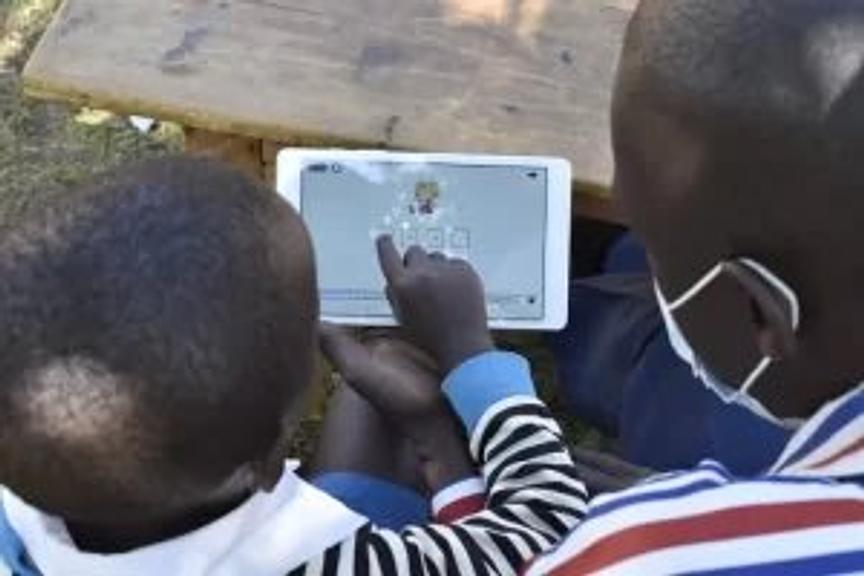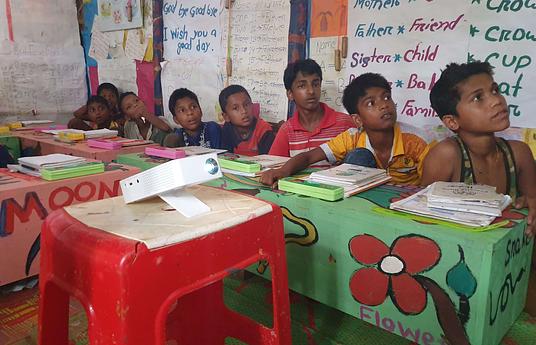NEED FOR COMMON ASSESSMENT TOOLS THAT GIVE COMPARABLE DATA IN THE GLOBAL SOUTH. PAL´s citized-led member organizations needed a common tool to assess the learning needs of our children. We needed comparable robust FLN data obtained at the household level (to ensure we reach not just those enrolled or attending school) and that are rigorously mapped to the Global Proficiency Framework.
ICAN 2019 was implemented in 13 countries and has been replicated by PAL and its members in 7 countries (3 in Africa + 4 in Asia) in 2022. ICAN was also adapted into different languages in partnership with PAL Network and other organizations. An advanced expanded (including reading and other elements) and digitally adapted version of ICAN, call ELANA has finished its pilot stage and will be available for common use soon.
Over the last years: The first round of ICAN was conducted in 2019 reaching more than 20000 children . The second round of ICAN was conducted in 2022 reaching over 16.000 children. ICAN was adapted by WarChild into Arabic (from French) also African Leadership Academy used the PAL´s French and English tools and Myanmar Education Consortium is adapting ICAN (pen paper version) into 3 local Burmese languages. ELANA is an
expanded and developed version of ICAN (including reading assesment and many more items). We aim to do large scale common assesments in 13 countries in the 2-3 coming years
Our tools are a common good that are open source. Any organization can use it and do adaptations. We are there to support. Citizen led organizations who might want to do a pilot assessment can contact us on
info@palnetwork. We will guide them on the process of liasing with their national statistics office for initial sampling and other important steps (ie. selection and training of volunteers)



